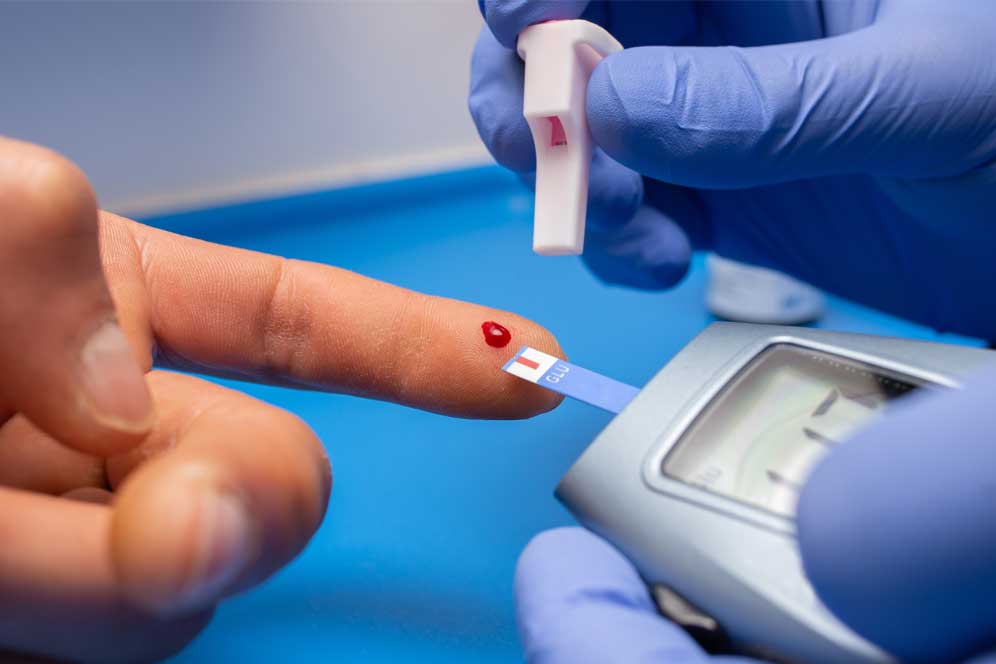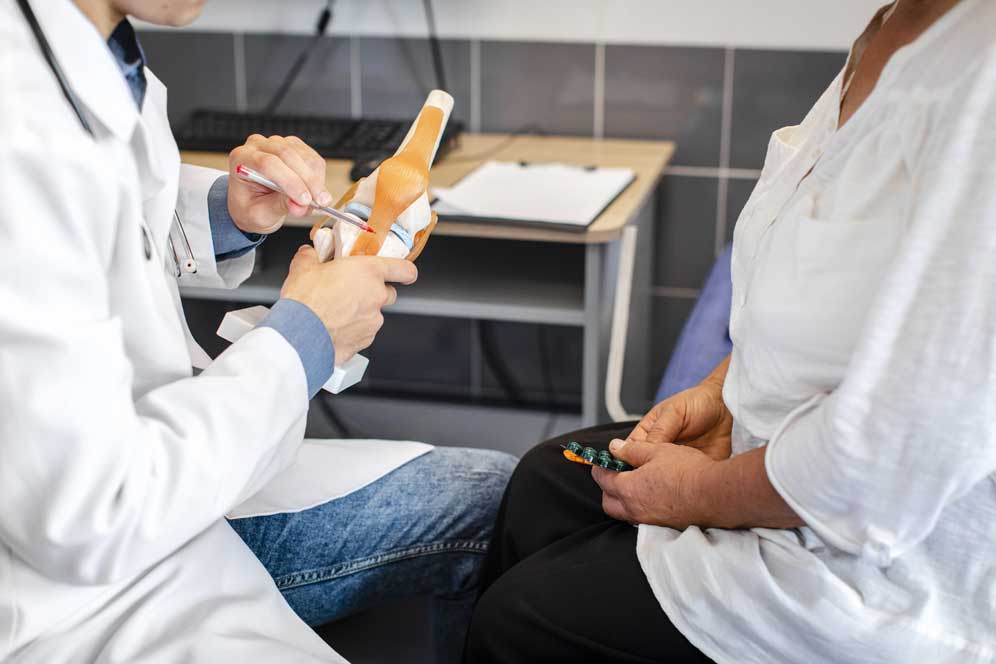
14 Aug 2025
Parkinson’s Disease: What It Is, Symptoms and Causes
When most people think of Parkinson’s disease, they imagine tremors or shaky hands. While tremors are indeed a hallmark symptom, this complex neurological disorder often begins with hidden signs that are easy to miss. Understanding the subtle symptoms and possible causes can help with earlier diagnosis and better management.
What is Parkinson’s Disease?
Parkinson’s disease is a progressive neurological disorder that affects movement. It occurs when nerve cells in a part of the brain called the substantia nigra become damaged or die. These nerve cells produce dopamine — a chemical messenger essential for smooth, coordinated muscle movements.
When dopamine levels drop, it leads to movement problems and other symptoms associated with Parkinson’s.
Parkinson Disease Symptoms: The Obvious and the Overlooked
The symptoms of Parkinson’s can be divided into motor (movement-related) and non-motor signs. Some may appear years before the more recognisable tremors.
Common Motor Symptoms
-
Tremors – Shaking of the hands, arms, legs, or chin, especially when resting.
-
Slowness of Movement (Bradykinesia) – Tasks like buttoning a shirt or walking can take longer.
-
Muscle Stiffness – Rigid muscles that can limit movement and cause discomfort.
-
Impaired Balance & Coordination – Increased risk of falls.
Hidden & Early Non-Motor Symptoms
These may appear before motor symptoms and are often overlooked:
-
Loss of sense of smell (anosmia)
-
Sleep disturbances – vivid dreams, restless movements
-
Constipation
-
Small handwriting (micrographia)
-
Depression or anxiety
-
Soft or low voice
-
Facial masking – reduced facial expressions
Parkinson’s Disease Causes: What Science Knows
The exact cause of Parkinson’s is not fully understood, but research points to a combination of genetic and environmental factors.
1. Genetic Factors
-
Certain gene mutations increase the risk.
-
Family history may play a role, but hereditary Parkinson’s is relatively rare.
2. Environmental Triggers
-
Long-term exposure to pesticides, herbicides, or heavy metals.
-
Rural living and well water consumption have been linked to higher risk.
3. Brain Changes
-
Accumulation of abnormal protein deposits called Lewy bodies in brain cells.
-
Loss of dopamine-producing neurons in the substantia nigra.
4. Age and Gender
-
Risk increases with age, especially after 60.
-
Men are more likely to develop Parkinson’s than women.
Why Early Detection Matters
Catching Parkinson disease symptoms early can help:
-
Slow disease progression through medication and lifestyle changes.
-
Reduce complications like falls or severe mobility loss.
-
Improve quality of life with tailored therapy.
Managing Parkinson’s Disease
While there is no cure yet, treatments can control symptoms and help maintain independence:
-
Medications (e.g., Levodopa, dopamine agonists) to boost dopamine levels.
-
Physical, occupational, and speech therapy to maintain movement and communication.
-
Lifestyle adjustments including regular exercise, a balanced diet, and stress management.
-
Surgical options like Deep Brain Stimulation (DBS) for advanced cases.
Read More: - https://aroraneuro.com/blog/alzheimers-treatment
The Takeaway
Parkinson’s disease is more than just tremors. Early, subtle signs — from a reduced sense of smell to constipation — can precede movement problems by years. By recognising these hidden symptoms and understanding possible causes, you can take proactive steps towards early diagnosis and better management. Visit visit Arora Neuro Centre — a trusted neuro hospital in Ludhiana, where caring doctors and modern treatments work together to help you stay healthy and recover well.
Recent Blogs
-

We will work with you to develop individualised care plans
Arora Neuro Centre maintains awareness about the vital association between diabetes and neurological health issues where diabetic patients face greater stroke susceptibility.
-

How Diabetes Affects Brain Health: The Hidden Risks
Typically diabetes causes problems with blood sugar management as well as negative effects on heart organs and kidneys.
-

Can Diabetic Neuropathy Be Prevented? What You Need to Know
One of the typical complications arising from diabetes affects nerves through diabetic neuropathy which results in various symptoms from muffled sensation and tingles to intense pain.
-

Psychotherapy for Anxiety: Techniques That Really Work
Anxiety is one of the most common mental health conditions in India and around the world. It can affect anyone, whether you’re a student under pressure, a working professional managing deadlines, or a parent juggling multiple responsibilities
-

Physiotherapy vs. Chiropractic: What's Really Differentiating Them?
Physiotherapy and chiropractic care both aim to relieve pain and improve mobility, but they differ in approach. Physiotherapists focus on exercise, movement, and rehabilitation, while chiropractors primarily use spinal adjustments to treat musculoskeletal issues. Understanding these differences can help you choose the right treatment.
